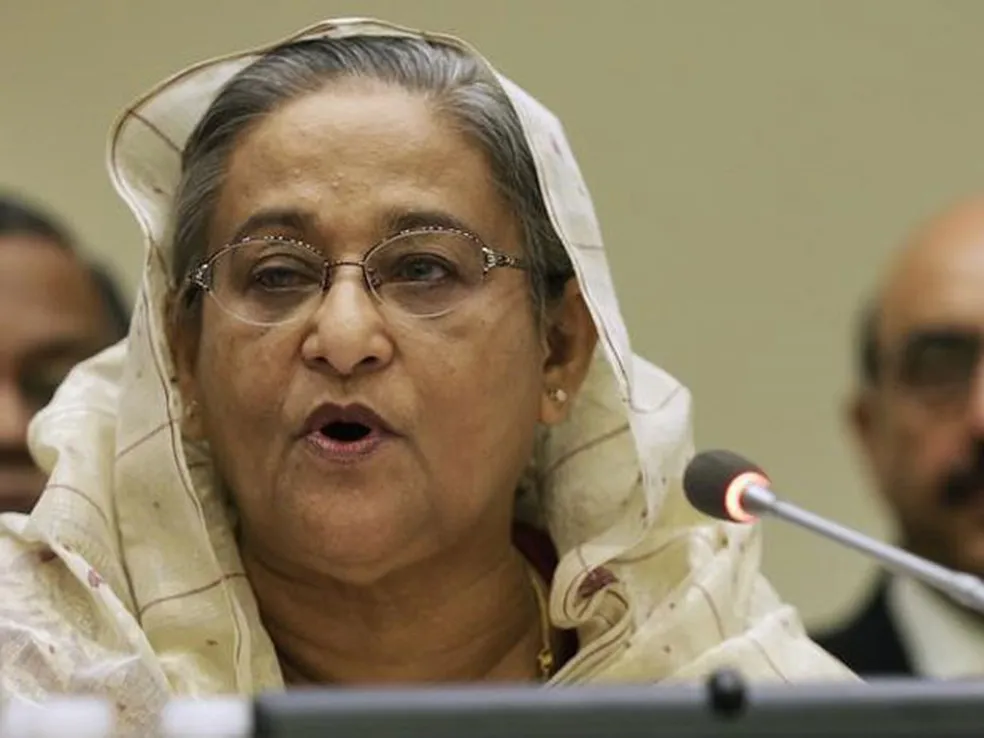
The Bangladeshi court sentenced former prime minister Sheikh Hasina to the death penalty on Monday (17) for crimes against humanity. The verdict ends a long legal process that analyzed his responsibility in repressing student demonstrations that took place last year.
According to the Bangladesh International Crimes Court, based in Dhaka, Hasina was found guilty of ordering the violent action that marked the Generation Z protests, between July and August 2024. The mobilizations, motivated by the challenge to the quota system that favored children of veterans of the war of independence, ended with more than a thousand dead and thousands injured, according to UN estimates.
The 2024 protests, which led to the court case, became the most violent episode in the country since the war of independence.
Announcing the decision, Judge Golam Mortuza Mozumder stated: “All the constituent elements of a crime against humanity are brought together. We have decided to impose a single penalty, the death penalty.” The sentence was read under tight security and without the presence of Hasina, who left the country for India in August 2024. She can still appeal to the Supreme Court of Bangladesh.
After the trial, the Dhaka government formally requested the ex-prime minister’s extradition to the Indian government.
Hasina, in turn, harshly criticized the decision. In a statement, he classified the trial as “biased and politically motivated” and claimed that the court did not guarantee conditions for full defense. She acknowledged that her government “lost control of the situation” during the student uprising, but rejected the accusation that it had ordered a deliberate attack on civilians. The former leader also stated that she intends to “face my accusers in a proper court, where the evidence can be evaluated and examined fairly.”
Represented by a state-appointed public defender, Hasina heard the defense’s argument that the charges were unfounded and that she should be acquitted.
The conviction comes on the eve of parliamentary elections scheduled for February. Hasina’s party, the Awami League, is barred from running, and there are fears that the verdict will stoke political tensions and spur new protests. Sajeeb Wazed, the former prime minister’s son and advisor, told Reuters that they will not appeal the sentence until there is a democratically elected government with the participation of the Awami League.
At 78, Hasina ruled Bangladesh for more than a decade after taking office in 2009. An influential figure in Asian politics, she rose to prominence for the growth of the country’s textile industry. Daughter of Bangladesh’s founding leader, Sheikh Mujibur Rahman, she began her political career defending democracy, but her last years in power were marked by accusations of persecution of opponents, violations of freedom of expression and extrajudicial executions.
After her flight to India, Bangladesh was administered by an interim government headed by Nobel Peace Prize winner Muhammad Yunus — a critic of Hasina and convicted of corruption during her administration.
Source: https://www.ocafezinho.com/2025/11/17/sentenca-de-morte-contra-ex-premie-amplia-crise-em-bangladesh-as-vesperas-das-eleicoes-parlamentares/

